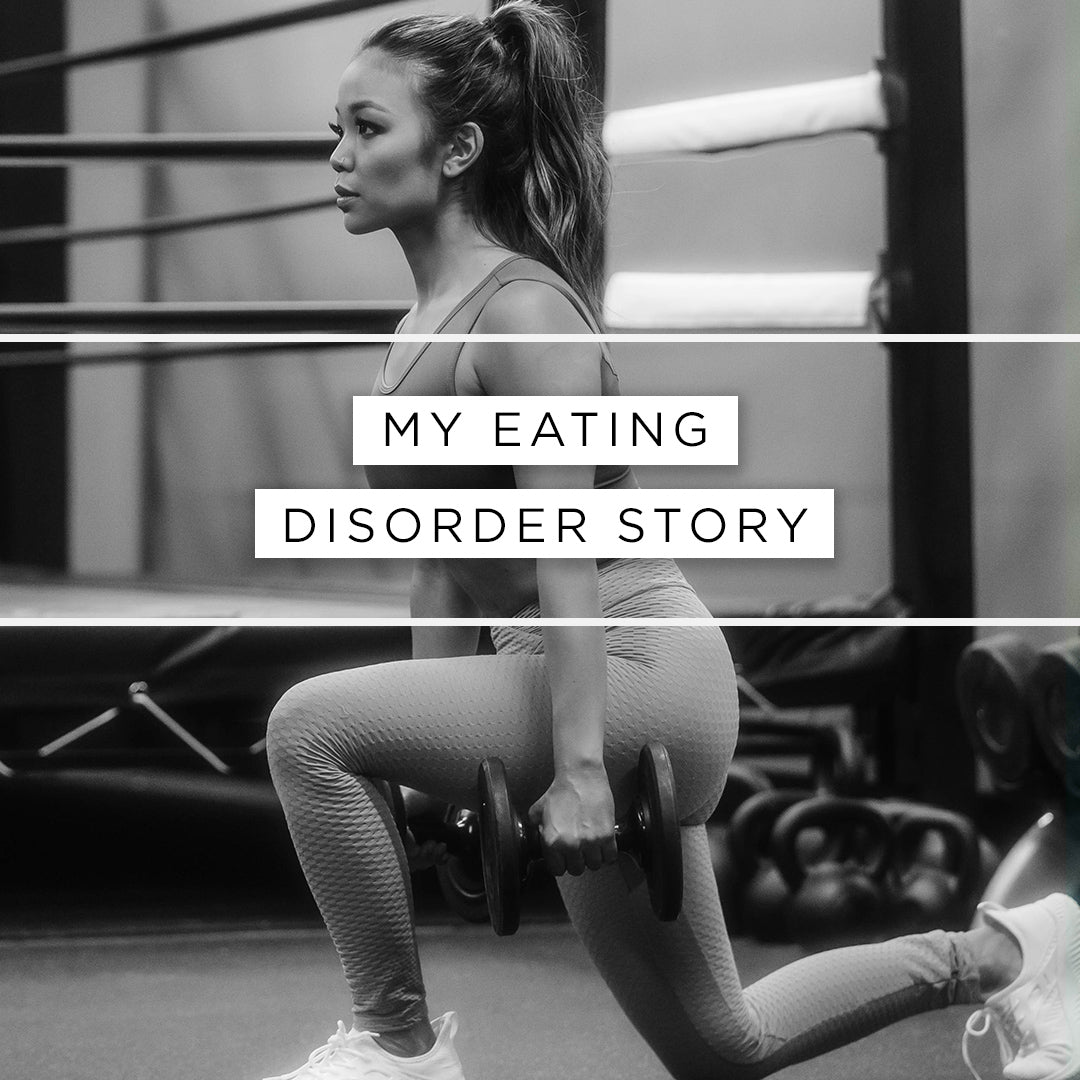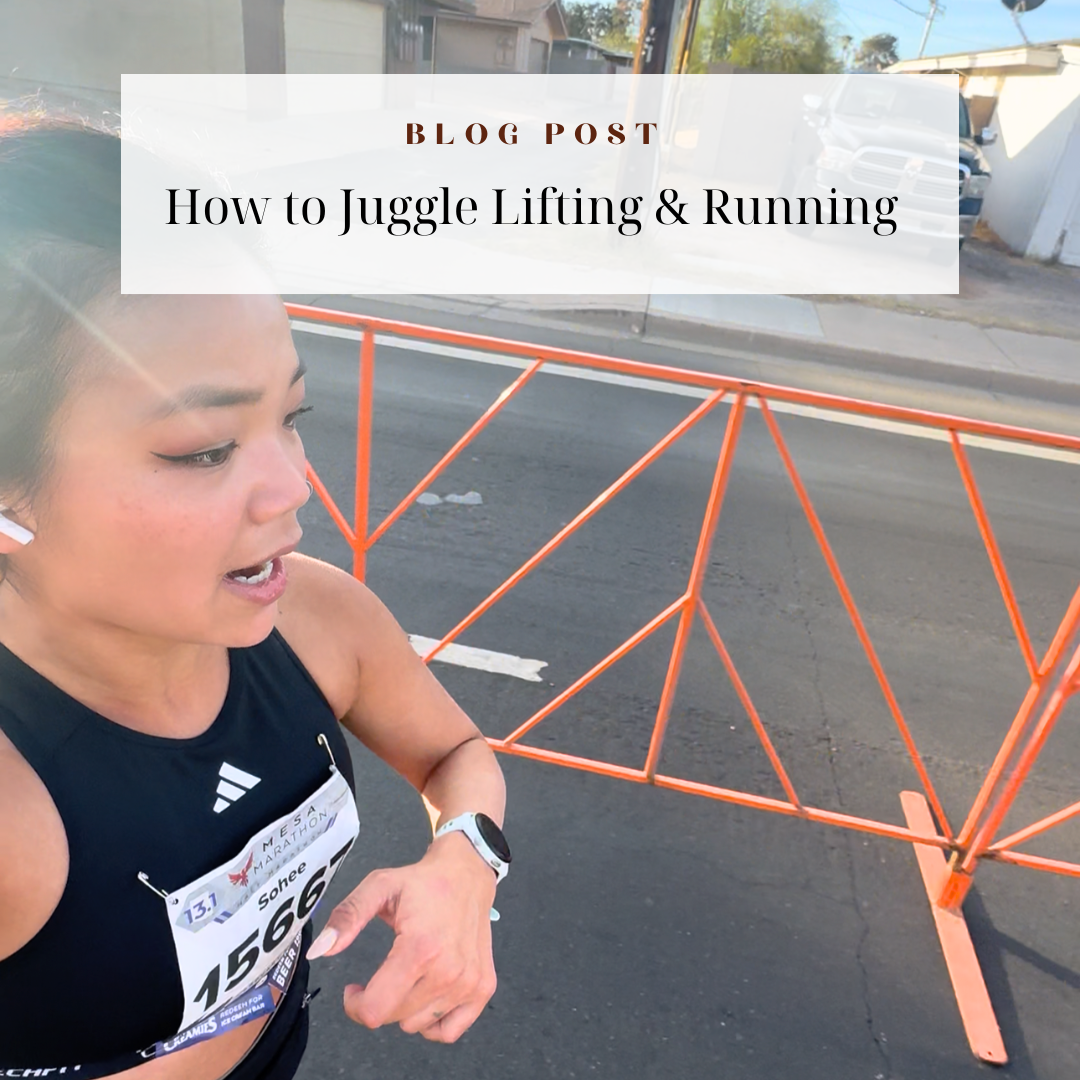My eating disorder story

I’ve been very open about my mental health struggles as of late. Like many of my audience and peers, I’ve been full of worry and stress over numerous matters. I’ve oscillated between feeling overwhelmed with the amount of love I have in my life and feeling devastatingly lonely and misunderstood. There have been days when merely being alive has felt like a struggle, and that’s why I started receiving professional help from a therapist.
For those of you that aren’t aware of my eating disorder story, I battled with anorexia and bulimia as a young teen. I became extremely sensitive to the feedback of others and had come to the conclusion that being skinnier meant you were prettier. In turn, I concluded that if you were prettier, you were also more popular and happier and thus had a better life.
Over time, I started skipping lunch and dinner while also increasing exercise (which, at the time, consisted of hours and hours of cardio). Through running more and eating less, I lost around 10lbs from my already-petite frame. I became obsessed with food and exercise, and something that I once loved (movement and activity) became a source of dread. I was always counting down the hours until my next workout and thinking of all of the foods Icouldn’teat.
It had gotten to a point where my anorexia spiraled out of control, and I’d go 2-3 days without a single calorie. I was running 90-120 minutes a day, and that wason top of my very rigid plan of doing something like 300 push-ups and 5,000 sit ups every. single. day. I’d then cave in, binge and then purge, then vow to myself to “do better” next time.
Not only was I very underweight at this point, but my quality of life had plummeted as well. I was so focused on my studies and on not eating, and I’d become anti-social because I didn’t know how to navigate social situations while sticking to my strict meal plan. And because I’d decline most social invitations, the invitations slowly dwindled down and stopped coming altogether.
In hindsight, I understand why this happened. But in the moment, I felt as though people didn’t want to hang out with me because I was boring or because I didn’t have much to offer, and as a result, I became even more withdrawn.
Needless to say, I started to feel extremely lonely, and the worse I felt about myself, the less willing I was to put myself out there. I became a hermit, and it had a huge impact on my confidence levels.
The irony in all of this was that my pursuit of what I thought was “health” is what ultimately led me to becoming very isolated.
I eventually had to ask myself if that was how I wanted to live the rest of my life, and when I realized that the answer was no, I gave myself permission to eat again. It was a process for sure, but I’m in a much better place, and I can happily say that I no longer experience any disordered eating symptoms or behaviors.
Today, many years later, I’m still making an effort to come out of my shell and open up to others.
Let me tell you: there’s nothing glamorous about eating disorders. It won’t make your life better, and it won’t bring you happiness. Please don’t lose yourself in pursuit of a goal physique.
When I think of the people that I love and value the most in my life, I don’t think about what they look like, what their strength levels are, or how much body fat they have. I think about how fun they are, how kind they are, and what it is about their character and personality traits that make them unique.
In large part due to my past experiences with eating disorders, I’ve made it my mission to tell you time and time again: don’t put your happiness, your relationships, and your mental health on the back burner for your fitness goals.
(Note: I’m not an eating disorder specialist, and it’s outside my area of expertise to be giving advice on how to overcome disordered eating. If you’re struggling with an eating disorder, please work with a specialist or a qualified professional.)




